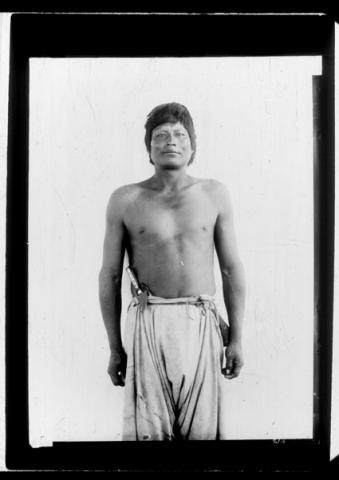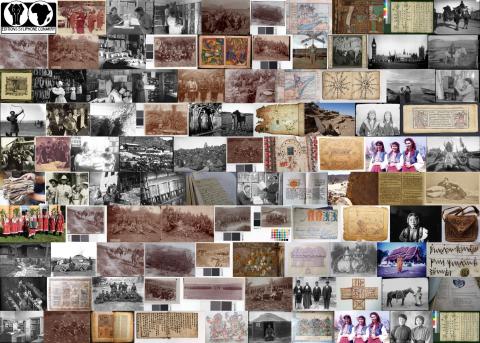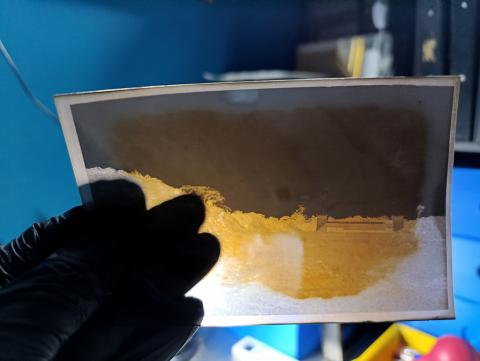Aims and objectives
The aim of the project is to save the Haynes Publishing Company Archive, that started to be digitised with the previous project EAP375. This is a unique source and the company’s archive has only now become publicly accessible.
The specific outcome of the project is to digitise approximately 25,000 documents of the original pre-modern material. The pre-modern material is held in approximately 30,000 folders and envelopes contained in more than 1,000 boxes. The National Library of Congress in Buenos Aires will be undertaking the digitisation and the digital copies will be given to the British Library, the Library of Congress, and the Museo Metropolitano (owner of the original material). At present, the Haynes Company Archive is temporarily kept in a private university, the Universidad Torcuato Di Tella, where it was relocated when the Museo Metropolitano closed in January 2012. The final fate and location of the Haynes Company Archive is unknown as the Museo Metropolitano closed and has not yet found a new location.
The project team will organise and clean the material, and identify, date and research the contents of the envelopes and folders. The documents selected for digitisation will be sent to the National Library of Congress and the metadata will be recorded in spreadsheets.
The 30,000 envelopes and folders contained in the archive are of high academic significance. The folders are compact units of information that contain the most significant articles published by the company and other main newspapers on a specific subject. As they offer an extended press recollection of the events registered by the main newspapers they become an inevitable and comparative source for the researchers. The envelopes contain marvels such as photographs, painted illustrations, memoirs, statistics data, personal letters, negatives, and even films. This archive will change Argentinean and Latin American histories.
Outcomes
The records copied by this project have been catalogued as:
- EAP638/1 Haynes Publishing Company Archive [Late 19th century-Early 20th century]
Due to the cyber-attack on the British Library in October 2023, the archives and manuscripts database is currently inaccessible and we are unable to provide links to the catalogue records for this project.





